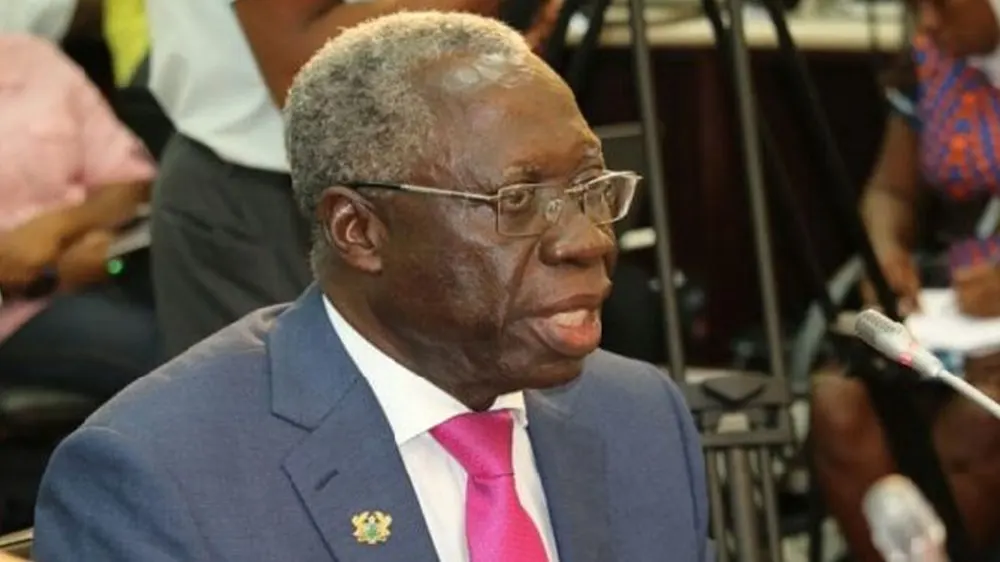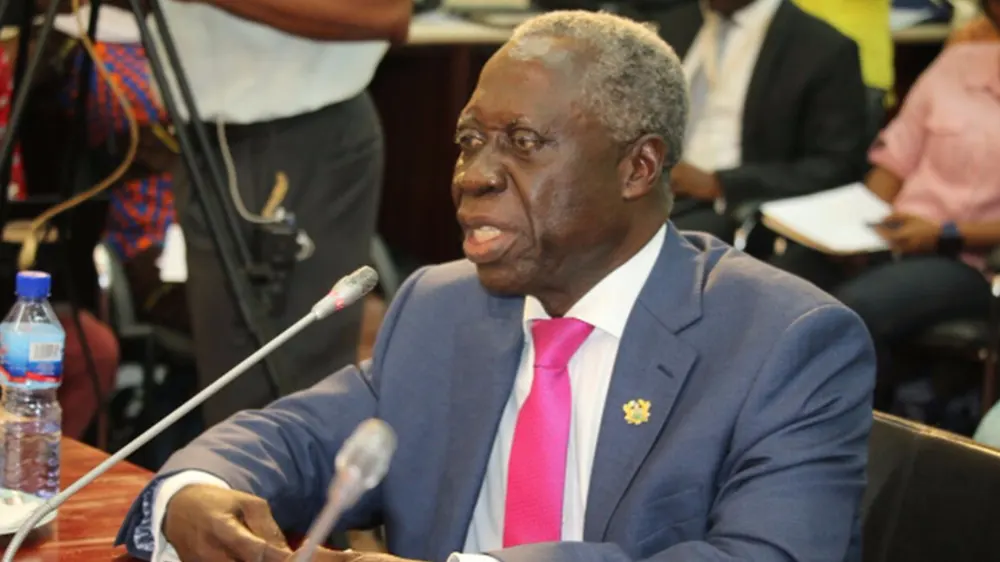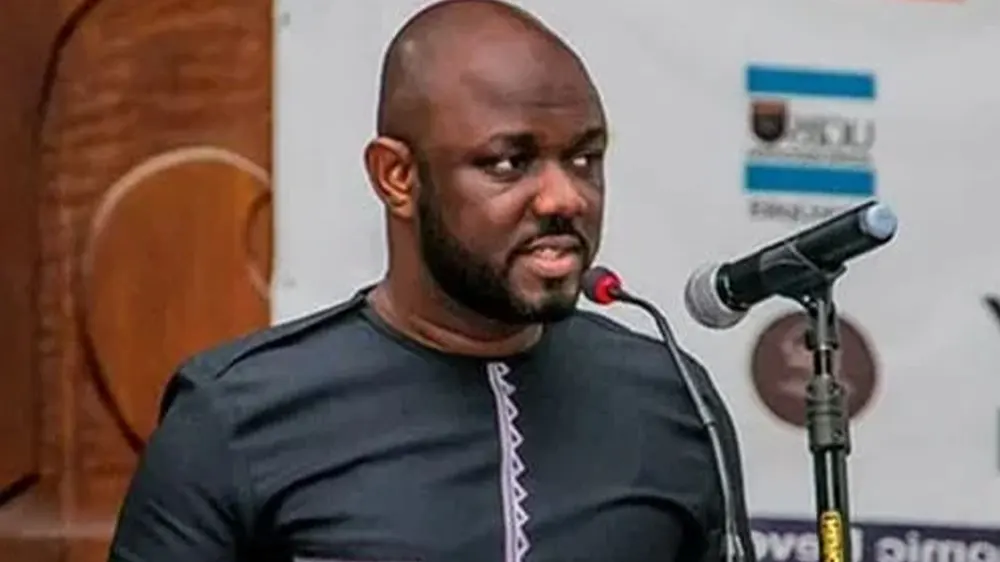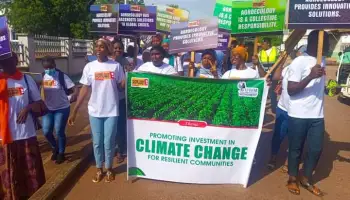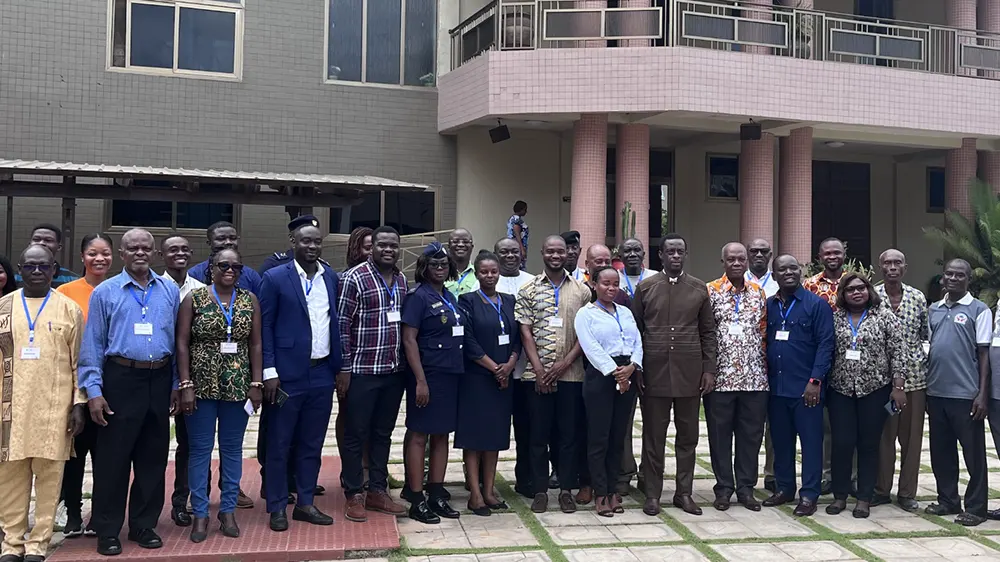According to Madam Doris Duodu, the Deputy Director for Renewable Energy at the Ministry of Energy, “Ghana will be one of the first to set an example that West Africa and for that matter Africa can be part of the success story of electric mobility.”
She emphasized the nation's abundant electrical energy resources as an advantage in promoting and achieving success in the adoption of electric vehicles (EVs).
“Our current installed capacity of over 5,400 megawatts is significantly more than our current peak demand of about 3,700 megawatts. At this current rate, Ghana will need to create demand within the system to take the excess supply of electricity,” Ms. Duodu stated while touting the benefits of the “Drive Electric Initiative” campaign.
“With our ambitious target of achieving our renewable energy commitment under the Paris Agreement, Ghana will not only be spearheading the drive for electric vehicles but leading Africa into a clean and sustainable energy production and utilization,” she added.
“The world faced a timeline of less than a decade to avert ‘catastrophic climate change' according to the Intergovernmental Panel on Climate Change,” Ms. Duodu highlighted, emphasizing the necessity for everyone to switch to electric vehicles in the next few years to contribute to the reduction of global warming.
“It is time for Ghana and Africa to follow suit and make plans towards embracing electric vehicles ourselves in order to harness our enormous solar energy potential productively to meet our climate emission targets while simultaneously providing clean and affordable means of transport,” the Deputy Director urged.
Mr. Frederick Obeng Adom, the Deputy Minister for Transport, acknowledged the nation's significant greenhouse gas emissions from the transport sector, with 99% of registered vehicles being powered by petrol and diesel-burning internal combustion engines (ICEs). He stressed the need for Ghana to take advantage of opportunities in new energy regimes towards a net-zero emission future.
“It is actually going to be very gradual as we build into the system of electric vehicles,” Mr. Adom assured, noting that the government's strategies, such as cost buildup at the ports for vehicle importations, aim to limit the influx of older vehicles for environmental safety.
The meeting on the draft National Electric Vehicle Policy allowed stakeholders to seek clarifications and provide input to further enhance the policy, which is expected to transform transportation in the country. The final policy document, built upon international best practices, will be submitted to the Cabinet for approval after completing nationwide consultations.

